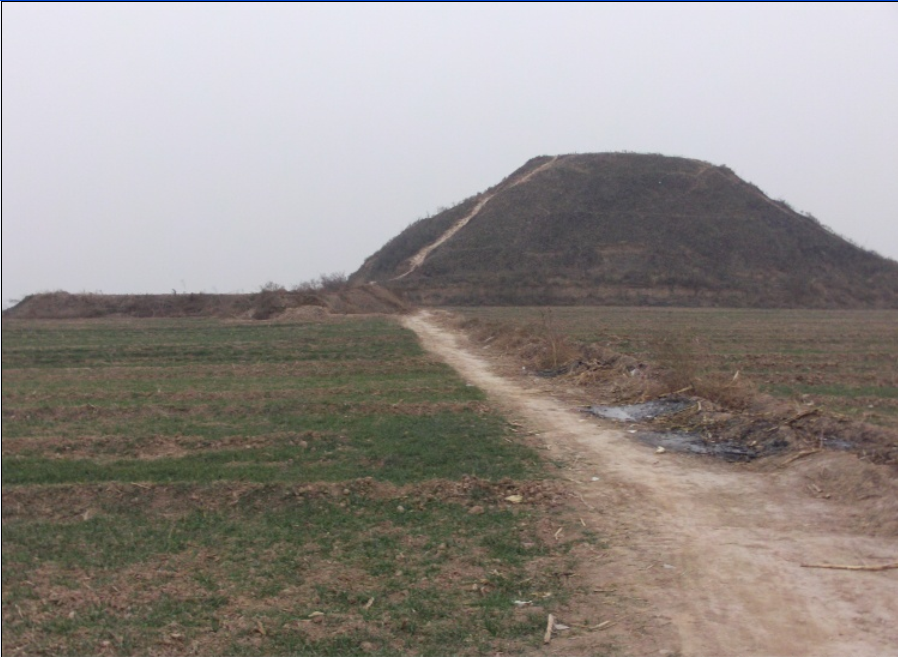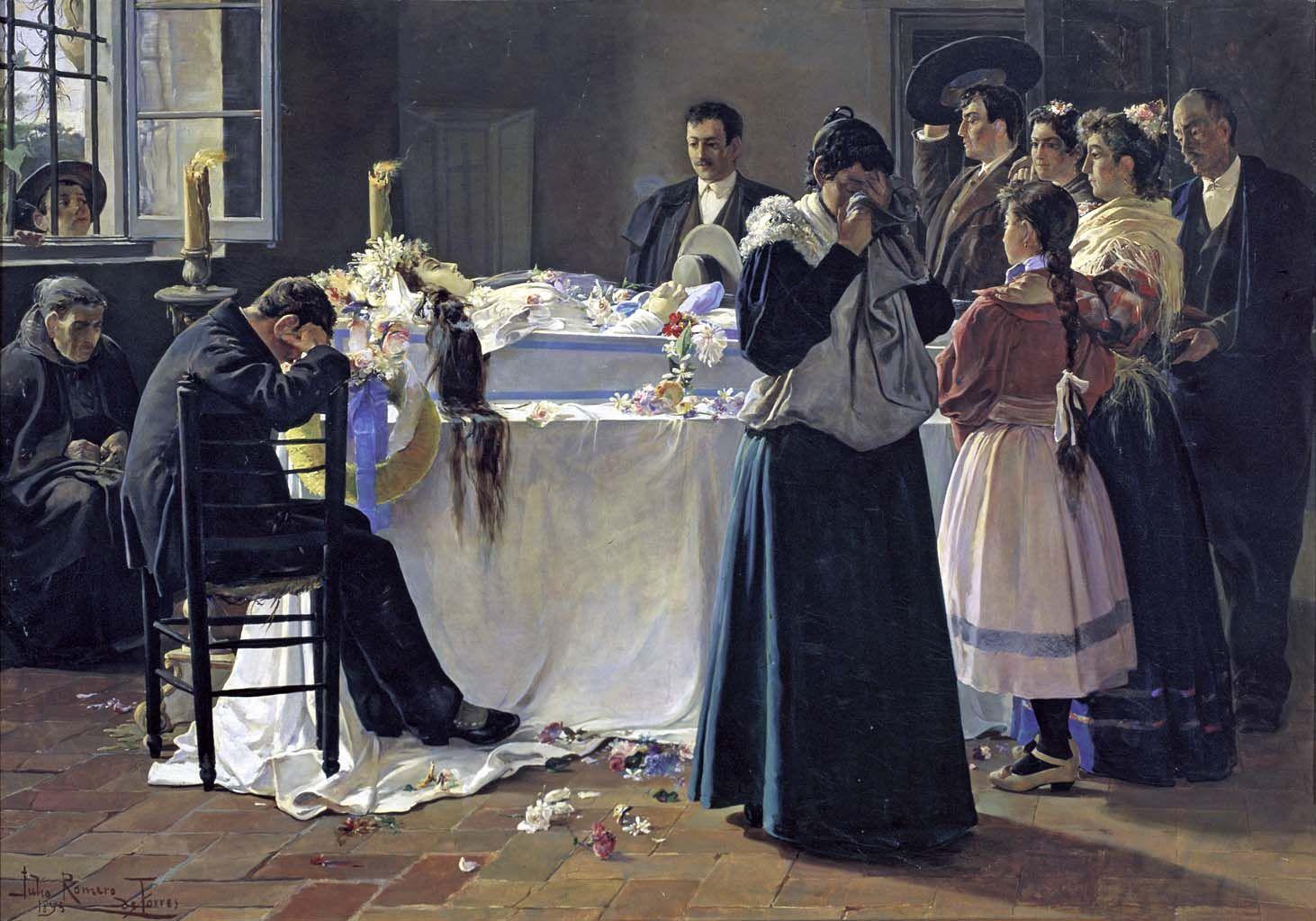|
Huo Guang
Huo Guang (; died 68 BC), courtesy name Zimeng (子孟), was a Chinese military general and politician who served as the dominant state official of the Western Han dynasty from 87 BCE until his death in 68 BCE. The younger half-brother of the renowned general Huo Qubing, Huo was a palace aide to Emperor Wu and secured power in his own right at the emperor's death, when he became principal co-regent for Emperor Zhao. Huo outmaneuvered his colleagues in the regency and assumed personal control over state affairs, consolidating his power by installing family members and other loyalists in key offices. Following Emperor Zhao's death in 74 BCE, Huo engineered the succession and deposition of Liu He within a mere 27 days. Huo next facilitated the accession of Emperor Xuan and retained control of the Han government until his death. Service under Emperor Wu Huo Guang was born to Huo Zhongru and he had a half-brother named Huo Qubing, a renowned general. His step-aunt was Empress We ... [...More Info...] [...Related Items...] OR: [Wikipedia] [Google] [Baidu] |
Shangguan Jie
Shangguan Jie (; died 80 BC) was a Western Han dynasty official in China and consort kin who served under Emperors Wu and Zhao. His granddaughter later became the empress consort to Emperor Zhao. Biography Shangguan Jie first rose in prominence when he accompanied Li Guangli during the Han invasion of Osh. Due to his bravery, he received several promotions. In 87 B.C., as Emperor Wu was nearing death, Shangguan was made one of 4 officials assisting Wu's successor, the young Liu Fuling (who would ascend the throne as Emperor Zhao; the other 3 are Huo Guang, Jin Midi, and Sang Hongyang). Shangguan Jie's son Shangguan An married a daughter of Huo Guang; Shangguan An's daughter would later become Emperor Zhao's empress. However, the cordial relationship between Shangguan Jie and Huo Guang would not last, presumably due to Shangguan's jealousy of Huo's power being greater than his own. In 80 B.C., the Shangguan clan, along with Sang Hongyang, was implicated in an attempted rebell ... [...More Info...] [...Related Items...] OR: [Wikipedia] [Google] [Baidu] |
Wake (ceremony)
A wake is a social gathering associated with death, held before or after a funeral. Traditionally, a wake involves family and friends keeping watch over the body of the dead person, usually in the home of the deceased. Some wakes are held at a funeral home or another convenient location. The wake or the viewing of the body is a part of death rituals in many cultures. It allows one last interaction with the dead, providing a time for the living to express their thoughts and feelings with the deceased. It highlights the idea that the loss is borne by the whole community and is a way of honoring the deceased member. The emotional tone of a wake is sometimes seen as more positive than a funeral due to the socially supportive atmosphere and the focus on the life rather than the death of the deceased. __NOTOC__ Origin The term originally referred to a late-night prayer vigil but is now mostly used for the social interactions accompanying a funeral. While the modern usage of the ... [...More Info...] [...Related Items...] OR: [Wikipedia] [Google] [Baidu] |
Empress Xu Pingjun
Xu Pingjun () (89 BC – 71 BC), formally Empress Gong'ai (; literally, the Respectful and Lamentable Empress) and sometimes (but not at all times) Empress Xiaoxuan (), was an empress of the Chinese Western Han dynasty. She was the first wife of Emperor Xuan. She was murdered by poisoning by Huo Guang's wife Xian (). She was also the mother of Emperor Yuan. Family background Xu Pingjun was born into a family that had some minor privileges but had also suffered under the reign of Emperor Wu. It is not known exactly when she was born, but probably circa 89 BC. Her father Xu Guanghan (許廣漢) was an assistant to the Prince of Changyi when young, and later became an imperial attendant. Later, while accompanying Emperor Wu on a trip, he accidentally took the saddle of another attendant and was charged with theft; his sentence was castration. After castration, he became a eunuch at court, and served as a minor official. Marriage to then-commoner Liu Bingyi Xu Pingjun's f ... [...More Info...] [...Related Items...] OR: [Wikipedia] [Google] [Baidu] |
Empress Wei Zifu
Wei Zifu (; died 91 BC), posthumously known as Empress Si of the Filial Wu () or Wei Si Hou (衛思后, "Wei the Thoughtful Empress"), was an empress consort during ancient China's Han dynasty. She was the second wife of the famous Emperor Wu and his spouse for 49 years. She stayed as his empress for 38 years, the second longest in Chinese history (behind only the 47-year reign of Empress Wang, the wife of Ming dynasty's Wanli Emperor, who lived over 1,600 years later). She was the mother of Emperor Wu's heir apparent Liu Ju and the great-grandmother of Liu Bingyi, as well as the older half-sister of the famed general Wei Qing, the younger aunt of Huo Qubing, and the step-aunt of Han statesman Huo Guang. Family background and early years Wei Zifu was born of humble means to a serf family. She was the fourth child and the youngest daughter of a lowly housemaid/servant at the household of Princess Pingyang (平陽公主), Emperor Wu's older sister. Her father presumably die ... [...More Info...] [...Related Items...] OR: [Wikipedia] [Google] [Baidu] |
Liu Ju
Liu Ju (; 128–91 BC), formally known as Crown Prince Wei (衛太子) and posthumously as Crown Prince Li (戾太子, literally "the Unrepentant Crown Prince", where Li is an unflattering name) was a Western Han Dynasty crown prince. He was the eldest son and the heir apparent to his father, Emperor Wu of Han, until his death at age 38 during the political turmoil that occurred during 91 BC. Liu Ju led an uprising against his father's army and died as a consequence of the rebellion. Emperor Wu sent soldiers to hunt Liu Ju down, so Liu Ju committed suicide by hanging himself. Liu Ju's two sons and the family hosting them all died when government soldiers broke into their house and killed everyone. Family background and birth Liu Ju's mother, Wei Zifu, was Emperor Wu's second wife. Emperor Wu's first wife was Empress Chen Jiao (who was also his older cousin). She was infertile and had a jealous personality. Moreover, when she was found employing witchcraft to curse Emperor W ... [...More Info...] [...Related Items...] OR: [Wikipedia] [Google] [Baidu] |
Prince He Of Changyi
Liu He (; 92–59 BC) was an emperor of the Chinese Han dynasty with the era name Yuanping (). Originally King (or Prince) of Changyi (), he was installed by the powerful minister Huo Guang as emperor in 74 BC, but deposed only 27 days later, and omitted from the official list of emperors. He lost his original kingdom of Changyi and was demoted to the rank of marquis. He was given the new fief of Haihun in modern Jiangxi Province and became known as the Marquis of Haihun (). Background and career as King of Changyi His grandfather is Emperor Wu of Han. His father, Liu Bo (劉髆), King Ai of Changyi (昌邑哀王) died in 88 BC, and he inherited his father's kingdom in 86 BC. Historical records imply that he was a toddler at that time. Liu Bo was a son of Emperor Wu of Han. After Emperor Wu's crown prince Liu Ju committed suicide in 91 BC, Liu Bo was among the candidates for the title of crown prince; the title ultimately went to young Liu Fuling, who succeeded Emperor ... [...More Info...] [...Related Items...] OR: [Wikipedia] [Google] [Baidu] |
Suicide
Suicide is the act of intentionally causing one's own death. Mental disorders (including depression, bipolar disorder, schizophrenia, personality disorders, anxiety disorders), physical disorders (such as chronic fatigue syndrome), and substance abuse (including alcoholism and the use of and withdrawal from benzodiazepines) are risk factors. Some suicides are impulsive acts due to stress (such as from financial or academic difficulties), relationship problems (such as breakups or divorces), or harassment and bullying. Those who have previously attempted suicide are at a higher risk for future attempts. Effective suicide prevention efforts include limiting access to methods of suicide such as firearms, drugs, and poisons; treating mental disorders and substance abuse; careful media reporting about suicide; and improving economic conditions. Although crisis hotlines are common resources, their effectiveness has not been well studied. The most commonly adopted method ... [...More Info...] [...Related Items...] OR: [Wikipedia] [Google] [Baidu] |
Treason
Treason is the crime of attacking a state authority to which one owes allegiance. This typically includes acts such as participating in a war against one's native country, attempting to overthrow its government, spying on its military, its diplomats, or its secret services for a hostile and foreign power, or attempting to kill its head of state. A person who commits treason is known in law as a traitor. Historically, in common law countries, treason also covered the murder of specific social superiors, such as the murder of a husband by his wife or that of a master by his servant. Treason (i.e. disloyalty) against one's monarch was known as ''high treason'' and treason against a lesser superior was '' petty treason''. As jurisdictions around the world abolished petty treason, "treason" came to refer to what was historically known as high treason. At times, the term ''traitor'' has been used as a political epithet, regardless of any verifiable treasonable action. In a civil war o ... [...More Info...] [...Related Items...] OR: [Wikipedia] [Google] [Baidu] |
Sang Hongyang
Sang Hongyang ( Chinese: ; c. 152–80 BC) was a Chinese politician. He was a prominent official of the Han Dynasty, who served Emperor Wu of Han and his successor Emperor Zhao. He is famous for his economic policies during the reign of Emperor Wu, the best known of which include the state monopolies over iron and salt - systems which would be imitated by other dynasties throughout Chinese history. Due to political conflict, he was executed in 80 BC by Huo Guang (d. 68 BC). Sang was one of the participants in the debate of Salt and Iron which took place in 81 BC. Youth and Officialdom Sang Hongyang was born in Luoyang, one of the Han Dynasty's major commercial centres, to a family of merchants. In his youth, he was known for his mathematical prowess. When Emperor Wu ascended to the throne in 141 BC, Sang came to his notice and was eventually invited to become an Attendant (). This was one way which the Emperor gained and retained talented individuals in the palace, and by w ... [...More Info...] [...Related Items...] OR: [Wikipedia] [Google] [Baidu] |




.jpg)

